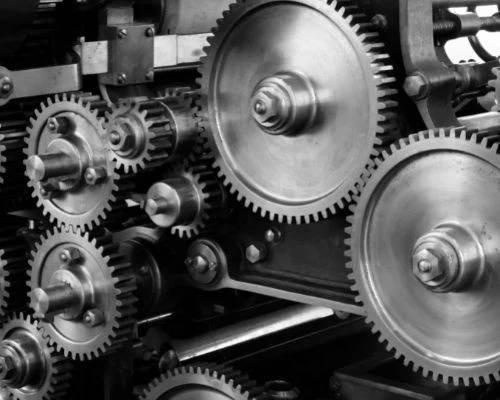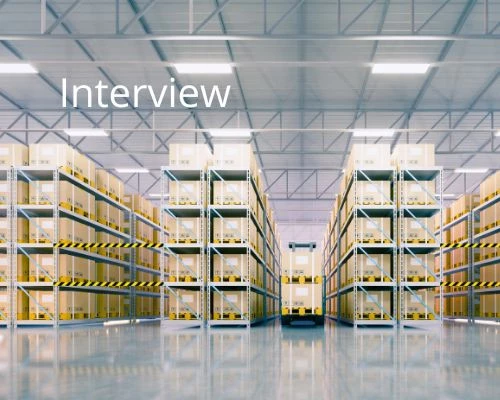What is a Smart Factory?
Add bookmark
A smart factory is an Industry 4.0 term to describe how digital technologies are transforming manufacturing plants from isolated pieces of equipment to interconnected and data-driven systems.
As its name implies, a smart factory has a level of intelligence to it, characterized by cyber-physical systems.
By connecting machines to computing networks through IoT, manufacturers can get unprecedented insight into their operations.
This allows them to save money and improve quality, efficiency, and safety.
For instance, sensors on a machine can automatically record temperature, vibrations, pressure, oil levels or other parameters and send the data through to a central computing network through IoT. When the temperature or pressure is getting too high in a machine, the system can automatically generate an alert that the machine needs corrective action.
READ: A Jargon Free Primer on Industry 4.0
This alert could inform a human operator who can perform maintenance or carry out another appropriate action. In more advanced systems, the alert could also offer guidance on the type of corrective action required for the human operator to take or, in the case of intelligent automation and artificial intelligence, the alert could enable the machine to automatically self-correct.
Further, this data forms a gold mine of potential improvement ideas for statistically minded organizations. Six Sigma teams, for instance, have always required vast amounts of data (which used to mean a laborious manual data collection process) to analyze processes to improve manufacturing quality, efficiency, and throughput.
The real-time availability of vast quantities of data speed this process up and enables business improvement teams to identify common causes of failure, identify trends and patterns, monitor machines to determine optimal maintenance and operating parameters, and many more potential benefits.
READ: 4 Key Characteristics of a Smart Factory
The challenge is deciding what questions to ask and figuring out how the data should inspire human action.
That’s why the rise of smart factories is inspiring new roles such as data scientist and Chief Data Officer as manufacturing organizations seek to harness the vast potential benefits of their operational data.
As manufacturers continue to face ongoing supply chain challenges and labor shortages, smarter processes and capabilities will enable successful organizations to be more agile and free up human workers for more creative, problem-solving activities.
Smart factories help manufacturers to increase operational resilience, drive down costs, and maintain quality despite the challenges and volatility in today’s markets.


























